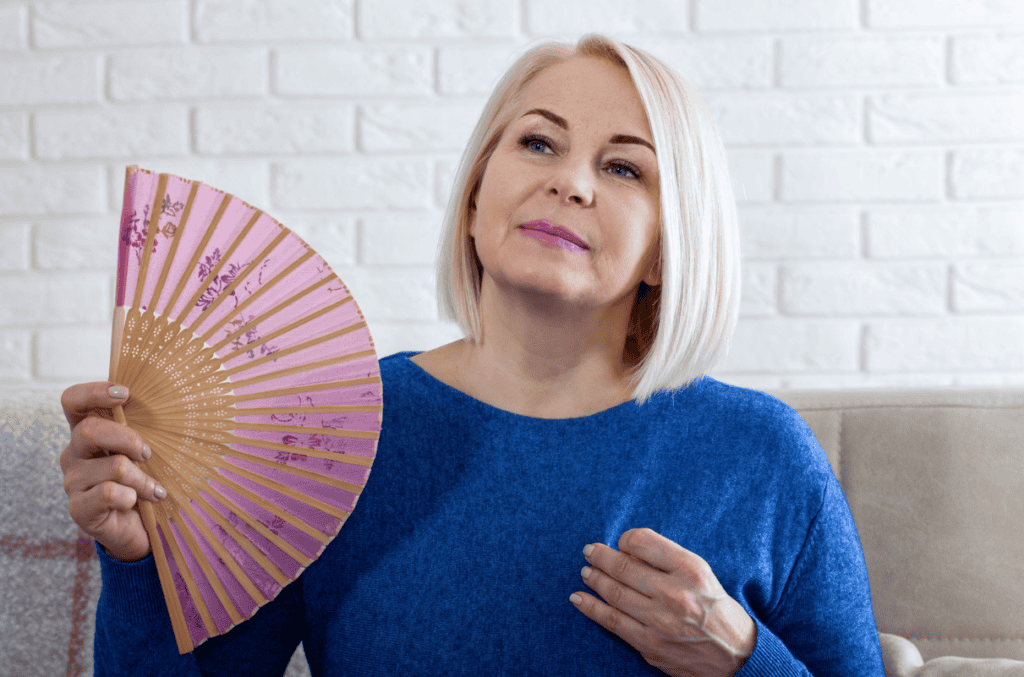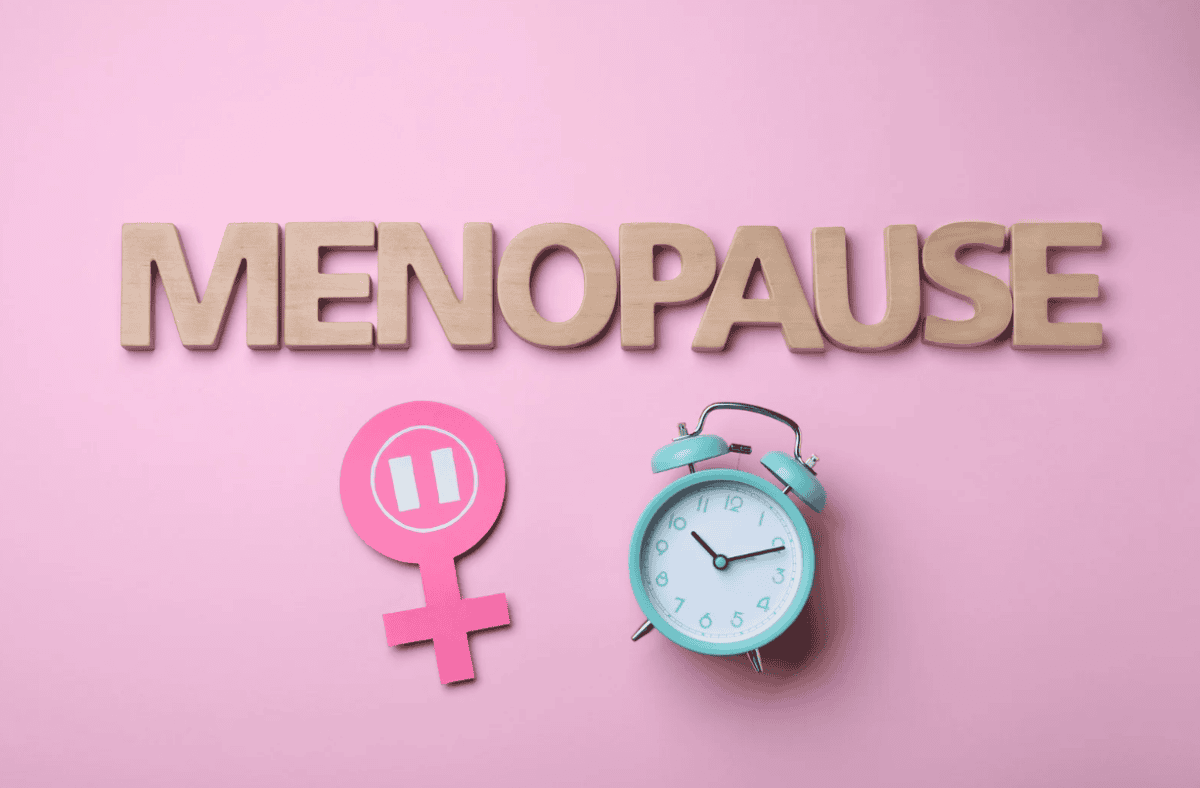The natural, biological phenomenon of menopause seems to be perceived differently. Most women think of menopause as a scary affair that they have to endure at one point in their lives, the aftereffects of which could lead to a significant change.
That is just one side of the story and nothing but a myth. The lack of awareness among individuals can be blamed for the fear, apprehensions, doubts, and insecurities that surround menopause.
There are a lot of myths that make menopause scarier and a serious affair, which we will debunk and demystify in this article. I, Dr. Karen Pike, the creator of Simply Menopause, would like to walk you through the myths about menopause alongside supporting facts that would defy the same.
Being a board-certified ER and a part of the medical field for a long time, I observed the lack of awareness among women, which was alarming. This prompted me to develop my website. To read more about me and my write-ups on menopause, do visit my site.
Debunking the 10 Menopause Myths: Distinguishing Facts From Fiction
Menopause mythsare umpteen. Here, I have chosen some of the most-talked ones and tried to present supporting facts against these myths. Here we go.

Myth 1: Menopause Begins When Your Periods End
There is some truth to this statement, but it isn’t wholly accurate. Menopause begins when you do not have periods for one consecutive year. However, it is a gradual process that doesn’t happen out of the blue. The symptoms start in the perimenopause phase when you transition into menopause, and they can last for 4-8 years. So, menopause begins after your period ends, but you’ll feel the effect way before.
Myth 2: With Menopause, You Become Forgetful
Hormonal imbalances have several effects on the body and, sometimes, could impact cognition. Brain fog isn’t a medical term but is used to describe conditions where people have trouble concentrating, paying attention, or remembering things. True, around 60% of perimenopausal and menopausal women mention having concentration and memory issues.
The symptoms are mild to moderate, while some women may have no symptoms at all. However, forgetfulness isn’t an integral part of menopause. If you take the average menopausal age to count, which is 51, that’s the time when your brain also ages. So, menopause isn’t solely responsible for the foggy feeling; it also comes as a part of your aging process.
I came across a study that mentioned the volume and weight of your brain decline by around 5% each decade after 40. So, you cannot solely blame menopause for the bouts of forgetfulness that you may experience after 40. Moreover, when you follow a proper lifestyle, focus more on relaxation techniques to calm your mind, and get a proper night’s sleep, you could work towards strengthening your cognitive skills well.
Myth 3: Menopause Results in Weight Gain
Weight gain isn’t a direct consequence of menopause. The fluctuating hormones contribute to abdominal weight gain, but you can avoid it by exercising well and watching your diet. Moreover, with age, metabolism eventually starts slowing down. If you keep eating the same way and do not exercise much, you could be more susceptible to gaining weight.
So, menopause isn’t directly responsible for weight gain. However, weight gain may be inevitable when you don’t alter your lifestyle to combat the fluctuating hormonal levels.
Myth 4: Menopause Doesn’t Happen Before 40
The mean menopausal age is 51 in most women. However, having said this, it’s not that menopause doesn’t happen earlier. It may occur early or prematurely. Women can be in early menopause if they have it before 45. Whereas menopause occurring before 40 is premature menopause. Around 5% of females have early menopause, while 1% of them can have it prematurely.
Menopause in the 20s is rare, seen in not more than 0.1% of women. Surgical procedures, cancer treatments, increased incidences of smoking, or family history of early menopause are some of the possible reasons. So, menopause at 40 is less common but not impossible.
Myth 5: You’ll Have Menopause At A Time When Your Mom Had It
Genetics significantly determines your menopausal age. There are several studies supporting this fact as well. A finding said that a woman may be at risk of experiencing early menopause by around 37.5% if her kin (mother, grandmother, sister, or aunt) had menopause early. The risk is even higher if the woman has a direct blood relationship with the individual who has had menopause early.
However, genetics isn’t the only factor determining when you will have menopause. There are other things also. For instance, smokers could enter menopause two years earlier than those who don’t smoke. Similarly, if you have gone through chemotherapy or any autoimmune condition, you may also have menopause early.
Myth 6: Men Have Menopause As Well
The term male menopause has been quite popular of late. Many women want to know if men, too, go through similar woes they experience during menopause and the transition phase. With age, there is a decline in testosterone levels, which could often result in symptoms like mood swings, anxiety, concentration issues, depression, etc.
Testosterone levels decline slowly and not as rapidly as estrogen levels. After 40, the testosterone levels in males decline by 1% each year. However, testosterone levels in most older men are within range. Only 10-25% of them have levels considered low.
Moreover, what men experience when they have low testosterone levels isn’t as severe as the symptoms of menopause that women go through. Also, the dip in hormone levels isn’t always responsible for the several problems males go through as they age. Several other factors influence their physical and emotional well-being, like stress levels, poor diet, increased alcohol intake, less sleep, etc. So, male menopause, or andropause, as it’s commonly called, is a misstatement.
Myth 8: Menopause Makes HormoneTherapy Mandatory
Hormone therapy helps to manage several menopausal symptoms like hot flashes, vaginal dryness, sleep issues, mood swings, etc. HRT comes with boons and banes. If you wish to opt for HRT, consult your doctor and discuss what is best for you. However, HRT isn’t mandatory. Other alternatives include acupuncture, relaxation techniques, increased activity levels, lifestyle changes, etc. So HRT isn’t the be-all and end-all of menopause. There are other options for managing the symptoms, too.
Myth 9: Menopause Means the End of Sex Life
Reduced estrogen levels increase vaginal dryness. That’s why many women do not find sex as enjoyable as it was in their 20s or 30s. That doesn’t mean your sex life comes to an end. If vaginal dryness is coming in the way of effective sex, you could opt for vaginal lubricants or even choose hormone therapy upon consulting your doctor to get relief.
If it’s anxiety or stress, then use relaxation techniques and other measures to manage it. Talk it out with your partner and discuss comfortable postures that give pleasure but less pain or discomfort.
Findings say that 50% of women continue intercourse in their 50s, but by the 70s, as little as 27% of women do the same. Sex isn’t the only way to get intimate. You could also do other things, like cuddling each other, snuggling closely in bed, etc., to display affection.
We keep mentioning the low sex drive with menopause, but some women mention an improvement in their sex life postmenopause. That’s because the thought of getting pregnant diminishes, and it’s the sense of freedom which gives them pleasure.

Myth 10: Hot Flashes is The Only Symptom of Menopause
That’s the greatest myth ever. Hot flashes are one of the most common menopausal symptoms, seen in eight of ten women. It is not the only symptom, though. You could experience several physical symptoms in menopause, from vaginal dryness to digestive issues.
Then, there are some less common symptoms you wouldn’t have thought of, like pin-and-needle sensations, burning mouth syndrome, ear problems, dry eyes, nausea, etc. This is where awareness comes into play. The more you know about menopause and its symptoms, the better it will help you deal with them.
The Fact About Menopause Myths
Menopause is one of the significant changes in a woman’s life—there’s no denying this fact. But it isn’t as terrifying as people project it to be. You must take good care of yourself and ensure you aren’t living a sedentary life.
Proper exercise, a healthy diet, and a sound state of mind help you sail through menopause better. Also, never ignore any unusual symptoms that your body may be causing. Consult the doctor at once in such cases.


